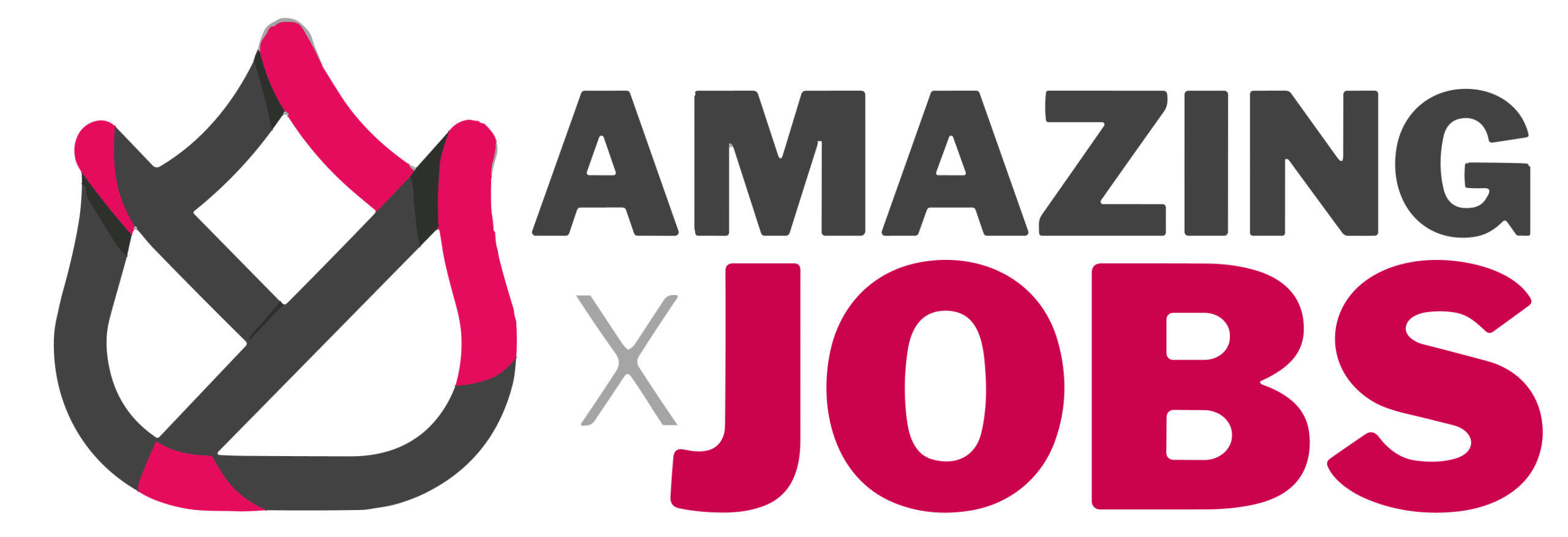In the ever-evolving landscape of the professional world, the decision to embark on a career change in 2024 is both exciting and daunting.
Whether you’re driven by a desire for personal growth, a shift in priorities, or a passion for a different field, making a successful transition requires careful planning and strategic steps.
As we step into 2024, now is an opportune time to explore new possibilities and pursue a career that aligns with your aspirations.
Here are two essential steps to guide you through a successful career change in 2024 in the coming year.

5 steps for a career change in 2024
1. Self-Reflection and Skill Assessment
A career change in 2024 , take the time for introspection and a comprehensive evaluation of your skills, strengths, and interests.
Understand what motivates and fulfills you, and identify transferable skills that can be applied to different industries.
Here’s a step-by-step guide to self-reflection and skill assessment:
a. Identify Your Passion and Values: Consider what activities make you feel energized and fulfilled. Reflect on your values and the impact you want to make in your professional life. This introspective approach will help you align your career with your core beliefs.
b. Assess Transferable Skills: Take stock of the skills you’ve acquired throughout your current or previous roles. Highlight transferable skills such as communication, problem-solving, leadership, and adaptability.
c. Research Emerging Trends: Stay informed about industry trends and emerging technologies. Identify sectors that align with your interests and have growth potential. This knowledge will not only guide your decision-making but also help you tailor your skill set to meet the demands of the desired industry.
d. Seek Feedback: Reach out to mentors, colleagues, or career counselors for valuable insights. Objective feedback can provide a fresh perspective on your abilities and potential areas for improvement, guiding you toward a more informed career decision.
2. Strategic Planning and Skill Development
Once you’ve gained clarity on your goals and assessed your skills, it’s time to develop a strategic plan for your career change in 2024.
This involves acquiring new skills, networking, and positioning yourself as a strong candidate in your chosen field.
a. Upskilling and Training: Identify the skills required in your target industry and invest in upskilling. This may involve pursuing relevant certifications, attending workshops, or enrolling in online courses. Platforms like LinkedIn Learning, Coursera, and edX offer a plethora of courses to enhance your knowledge and capabilities.
b. Networking and Building Relationships: Connect with professionals in your desired field through networking events, online platforms, and industry conferences. Leverage social media, particularly LinkedIn, to engage with professionals, join relevant groups, and stay updated on industry conversations.
c. Tailor Your Resume and Online Presence: Customize your resume to highlight the transferable skills and experiences relevant to your new career. Update your LinkedIn profile with a clear headline, a compelling summary, and details that showcase your commitment to the transition.
d. Gain Practical Experience: Seek out internships, freelance opportunities, or volunteer work in your chosen field. Practical experience not only enhances your skill set but also provides tangible evidence of your commitment and capabilities to potential employers.
3. Mentorship and Guidance
Seeking mentorship from experienced professionals in your target industry can provide invaluable insights and guidance.
A mentor can offer practical advice, share their own career transition experiences, and help you navigate potential challenges.
Here’s how to leverage mentorship effectively:
a. Identify Potential Mentors: Look for individuals who have successfully transitioned into the field you’re interested in or have extensive experience in that industry. Attend industry events, join online forums, and use professional networking platforms to connect with potential mentors.
b. Establish Clear Objectives: Clearly communicate your goals and expectations to your mentor. Discuss your career change in 2024 plan, seek advice on specific challenges, and be open to constructive feedback. A well-defined mentorship relationship can significantly accelerate your learning curve and boost your confidence.
c. Attend Networking Events: Attend industry-specific networking events, conferences, and meetups to expand your professional circle. Engaging with professionals face-to-face allows you to build genuine connections and increases the likelihood of finding a mentor who can guide you through the industry.
d. Stay Open to Feedback: Embrace feedback from your mentor with an open mind. Constructive criticism can help you refine your approach, overcome obstacles, and make informed decisions throughout your career change in 2024 journey.
4. Adaptability and Resilience
Navigating a career change in 2024 involves stepping out of your comfort zone and adapting to new challenges.
Cultivating adaptability and resilience will empower you to overcome setbacks and thrive in your evolving professional landscape:
a. Embrace Change: Recognize that a career change in 2024 is a dynamic process that may involve unforeseen challenges. Embrace career change in 2024 as an opportunity for growth and learning.
b. Develop Resilience Skills: Resilience is the ability to bounce back from setbacks. Cultivate resilience by building a support system, practicing mindfulness techniques, and maintaining a positive mindset.
c. Continuously Learn and Evolve: Stay proactive in your learning journey by staying informed about industry developments, trends, and best practices. Embrace a mindset of continuous improvement, and be willing to adapt your skill set based on the evolving demands of your chosen field.
d. Network with Like-Minded Individuals: Connect with others who are undergoing similar career change in 2024 or have successfully navigated similar transitions. Sharing experiences and insights with a supportive community can provide encouragement, motivation, and a sense of camaraderie.
5. Develop a Personal Brand
Building a compelling personal brand is crucial when transitioning to a new career.
Your personal brand is how you present yourself to the professional world, showcasing your unique skills, values, and expertise.
Here’s how you can strategically develop and promote your personal brand:
a. Define Your Unique Value Proposition: Clearly articulate what sets you apart from others in your chosen field. Identify your unique strengths, skills, and experiences that make you a valuable asset to potential employers.
b. Craft an Elevator Pitch: Develop a concise and impactful elevator pitch that introduces yourself and your career change in 2024 goals. This brief statement should capture your professional essence, highlighting your key skills, aspirations, and the value you can contribute to your new field.
c. Build a Professional Online Presence: Strengthen your personal brand through a robust online presence. Ensure your LinkedIn profile is complete, professional, and aligned with your career goals. Share relevant content, engage in industry discussions, and showcase your expertise through posts, articles, or contributions to online forums.
d. Create a Portfolio: Depending on your industry, consider creating a portfolio that showcases your work, projects, or achievements. This tangible representation of your skills and accomplishments provides potential employers with a deeper understanding of your capabilities.
Conclusion
Embarking on a career change in 2024 requires a combination of self-reflection, strategic planning, and continuous learning.
By understanding your passions, values, and transferable skills, you can identify a career path that aligns with your goals.
Strategic planning, including upskilling, networking, and gaining practical experience, will position you as a strong candidate in your new field.
As the professional landscape continues to evolve, embracing career change in 2024 and taking proactive steps towards a fulfilling career can lead to success and personal satisfaction in the years to come.
See More: 7 Corporate Career Predictions For 2024

